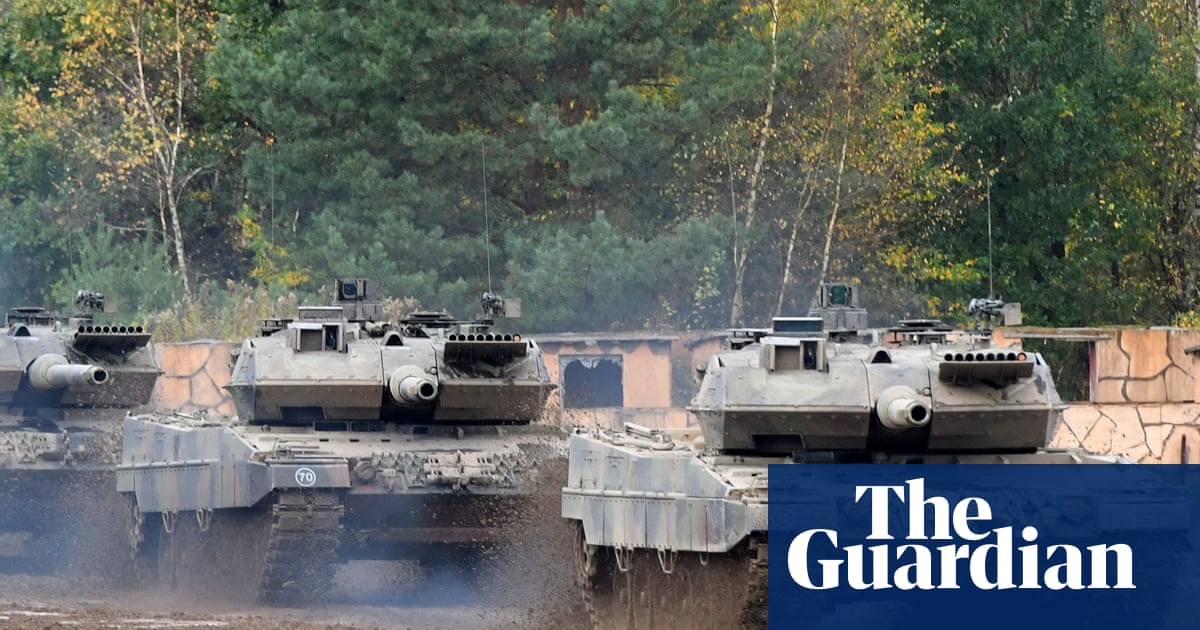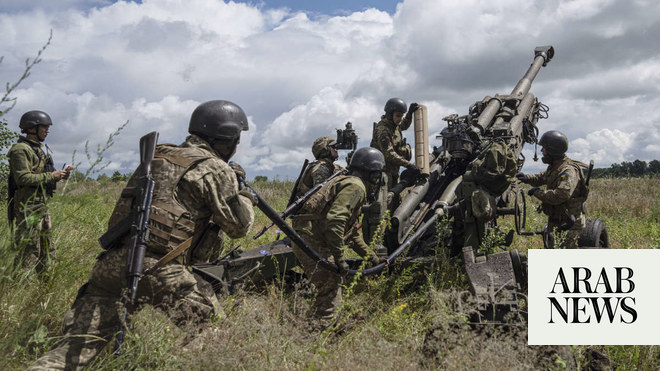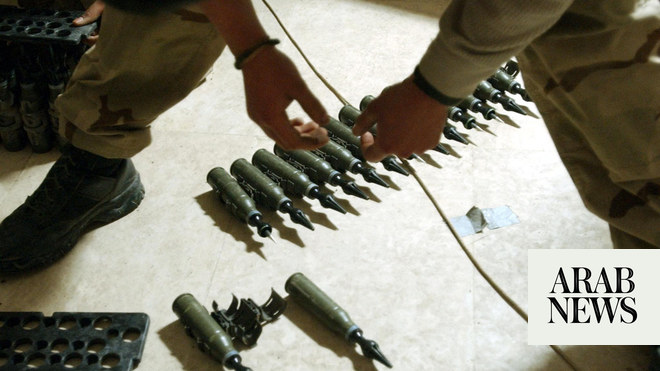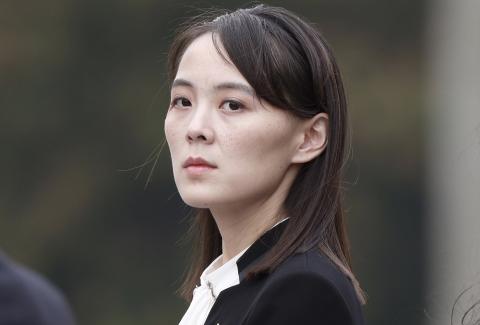
Ukraine"s foreign minister has accused Germany of undermining unity among the country"s allies and of “encouraging” Vladimir Putin by refusing to deliver arms to Keiv.
Earlier on Saturday, Germany"s defense minister said Berlin would set up a field hospital in Ukraine amid the security crisis between the West and Russia. But Christine Lambrecht said that sending military aid now would not help “defuse the crisis”.
“Today, the unity of the West with Russia is more important than ever. To achieve it and deter the Russian Federation, we are all working together,” Ukrainian foreign minister Dmytro Kuleba responded via Twitter.
“German partners must stop such words and actions to undermine unity and encourage Vladimir Putin to a new attack on Ukraine.”
The Ukrainian foreign minister added that Keiv was grateful to Germany for its support and diplomatic efforts in recent years. “But Germany"s current statements are disappointing and run counter to this support and effort,” he added.
The United States, the United Kingdom and the Baltic states have promised to send weapons to Ukraine to respond to the military threat from Russia, which has amassed an estimated 100,000 troops along the border.
Washington announced the first delivery of “lethal aid” to Keiv late on Friday.
Moscow denies planning to invade Ukraine, but is demanding security guarantees from the US and NATO, including a permanent ban on Ukraine joining the Western military alliance.
The head of the German navy resigned late Saturday after coming under fire at home and abroad for comments he made on Ukraine and Russia, that were widely circulated online.
Vice Admiral Kay-Achim Schönbach said during a visit to India on Friday that Ukraine would never regain the Crimean Peninsula, annexed by Russia in 2014.
He also questioned Western views over Vladimir Putin"s intentions regarding Ukraine, adding that the Russian president deserved “respect”.
By late Saturday, Schönbach had asked for his dismissal, saying he wanted to prevent further damage resulting to Germany and its military from his “ill-considered statements”.
In a statement, the German navy said Defense Minister Christine Lambrecht had accepted Schönbach"s resignation and appointed his deputy as interim naval chief.
Earlier, the Ukrainian Foreign Ministry summoned the German ambassador to object to a video in which the German navy chief was seen making the comments.
What the Russian president wants “is to be respected”, Schönbach said at a meeting in New Delhi on Friday.
“It is easy to accord him the respect he wants, and which he also probably deserves,” the navy chief added, describing the idea that Russia wanted to invade part of Ukraine as “an absurdity”.
Schönbach was also called upon at home to explain his views. These declarations “do not correspond at all to the position of the German Ministry of Defense,” a spokesperson told AFP.
Germany"s Defense Minister Lambrecht said in an interview with the Welt am Sonntag newspaper that the field hospital will be delivered in February, with training for staff provided, at a cost to Germany of €5.3 million.
“We have already provided respirators,” the minister said, adding that Germany was already treating in German hospitals Ukrainian soldiers seriously wounded in the conflict in eastern Ukraine.
“So we are standing alongside Keiv. Now we should do what is within our power to defuse the crisis,” Lambrecht said. However, “the delivery of weapons would not currently contribute” to achieving such a goal, she added.
This position formed a “consensus within the federal government” led by Olaf Scholz, the Defence Minister said.
Germany"s refusal to send weapons to Ukraine contrasts with the positions of the UK, Poland and the Baltic states. The defense ministers of Estonia, Latvia and Lithuania issued a statement saying they received US approval to send Stinger air defense missiles and Javelin anti-tank missiles to strengthen Keiv"s defenses.
Lambrecht described as a “red line” for NATO the right of each sovereign state to decide whether to join the Western military alliance, saying Russia had no veto. But the West was ready for dialogue with Moscow and to take Russian interests into account, she said.
Germany"s defense minister also had a warning for Russia over Mali, saying the arrival of Russian mercenaries from the Wagner group “will have consequences”.
The West believes several hundred Russian mercenaries have been deployed in the center and north of the West African country, where Germany has around a thousand troops stationed as part of the United Nations peacekeeping MINUSMA mission.
“Moscow will not succeed, by sending mercenaries, to persuade the West to retreat almost automatically everywhere where Russia does not want to see us. We will not back down, we will not make things so easy for the Russians,” Christine Lambrecht said.
Russia denies its government is linked to the Wagner group, whose activities in several countries have caused controversy. But the unit has been linked to a businessman close to Vladimir Putin.
Lambrecht also appealed to Mali"s military junta to ensure conditions were good if it wanted Germany to retain its presence in the country. Bamako refused permission this week for a German army plane to fly over its territory on its way to Niamey, the capital of Niger.
Mali is at the center of an insurgency that began in the north in 2012 and later spread to neighboring countries. — Euronews












